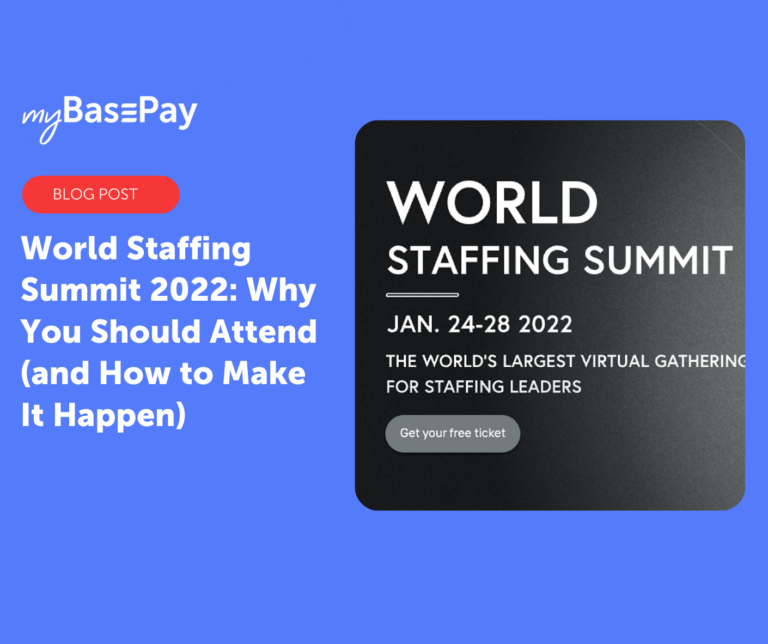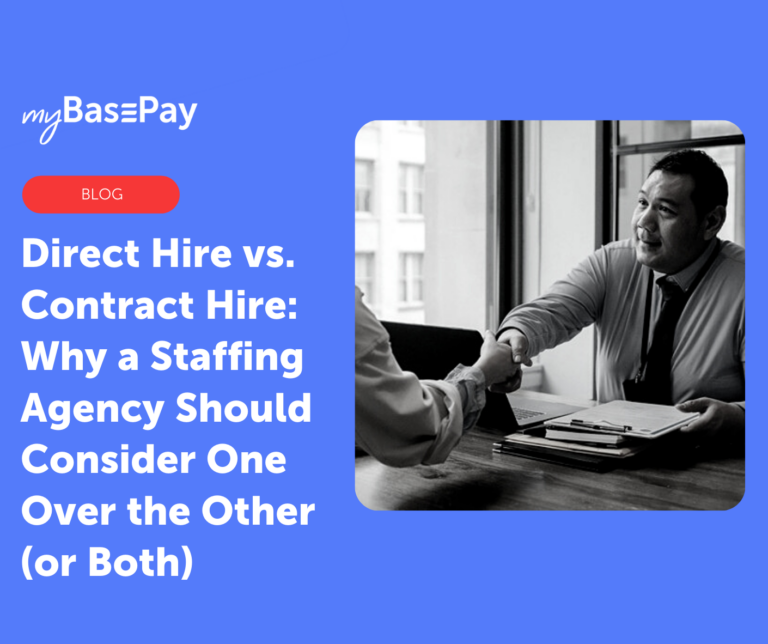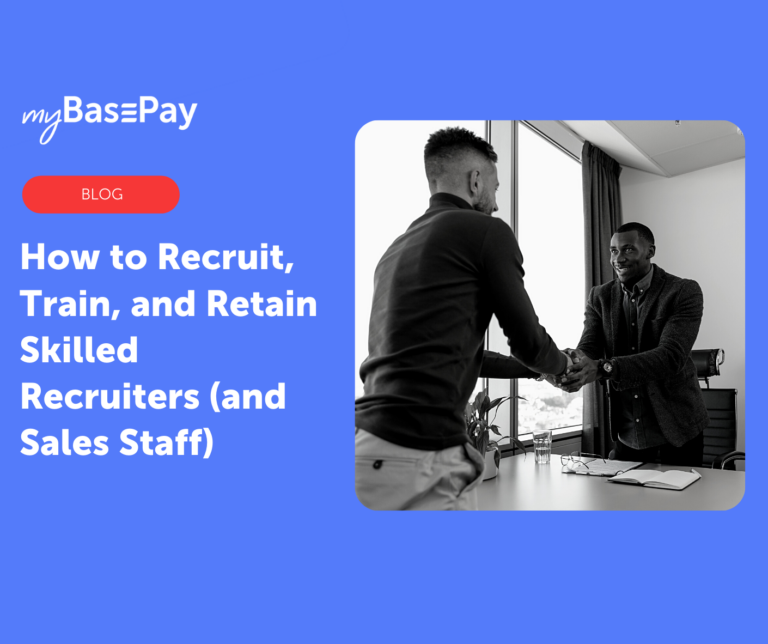8 Objections Staffing Firms Have for Back-Office Solutions Providers
Using a back-office solutions provider can go a long way in streamlining the operations of a staffing firm. From compliance administration and onboarding to payroll and invoicing, back-office solutions can enable staffing professionals to focus on what they do best — placing quality candidates with the companies that need them.
Of course, even with the benefits of back-office solutions providers being well known, many individuals within staffing firms are reluctant to adopt new technology or change the way they do things. All people are resistant to change, so it should come as no surprise if staffing firm decision-makers are reluctant to adopt a new back-office solution.
Fortunately, there’s a response for every objection a staffing firm may have concerning this important update to their processes.
-
We Don’t Do Temp Placements
Many staffing firms are reluctant to use an employer of record (EOR) because they prefer the hefty fees they can obtain via a direct hire. However, providing temp or contract placements (often made much easier when using an EOR) can add significant valuation to a staffing firm.
These placements can increase the value of a firm by four to six times what would be possible when relying solely on direct placements. This also establishes a vital recurring revenue stream for the staffing firm. By their very nature, contract placements need to be filled far more frequently than direct hires, which will ensure there are no lulls or dead periods between major direct hire projects.
-
We Do Everything In-House
Doing all back-office responsibilities in-house can add up surprisingly quickly. There is significant overhead associated with salaries, technology, and other necessary competencies. Transitioning liability responsibilities to a back-office solutions provider can significantly reduce internal operating costs.
Back office solutions automate many vital tasks, resulting in significant time savings each week. With the savings incurred from this transition, staffing firms can grow their business by reinvesting that time and money elsewhere, such as by hiring new staffing agents or dedicating more time to client projects.
-
We Make More Money Doing Back Office Ourselves
While a dedicated in-house staff may seem to be more convenient, the reality is that they aren’t going to help a staffing firm make more money. Employment liability, claim management, and tax reporting can be significant growth inhibitors due to the time and finances necessary to keep everything running smoothly.
When a staffing firm outsources back-office operations, they free up liquidity that can then be invested in top sales and recruitment talent — which will result in much more robust growth than keeping that money funneled to an in-house back office.
-
We Don’t Need to Offer Benefits
Staffing firms with fewer than 50 full-time (or total time equivalent) employees will often argue that back-office solutions are unnecessary since the Affordable Care Act doesn’t require that such employers provide benefits.
While this may technically be true, the industry is undergoing a pivotal, transformative period regarding worker rights — especially with the growing contingent workforce. Benefits are fast becoming a standard expectation across all worker populations. Failure to provide an attractive benefits package could be the deciding factor in a firm’s ability to acquire and retain top talent.
-
I Want to Maintain the Direct Contract Relationship
Staffing firms can be reluctant to outsource their vendor-of-record status to another entity — in this case, the employer of record. However, working with an EOR does not necessarily eliminate staffing firms’ direct contractual relationships with their clients.
Customers will often require a direct contract relationship with both the legal EOR and the entity to whom they submit invoices. Each staffing services agreement clearly states the role of the firm in the contract. While liability and compliance issues are outsourced to the EOR, the fundamental nature of the relationship between the staffing firm and its clients remains the same.
-
We Factor Our Invoices
Some staffing firms factor their invoices, in which they sell some or all of their outstanding invoices to a third party to improve their cash flow. This is done to free up necessary capital for running payroll and other vital business operations. A more predictable cash flow can make business operations much more stable, even though added fees mean fewer profits overall.
Back office solutions provide the same benefits as factoring invoices, thanks to upfront commissions. Unlike factoring, however, the EOR funding model does not purchase receivables outright or charge interest rates as invoices age — helping to reduce costs for staffing firms further.
-
Outsourcing Will Make Us Less Attractive to Potential Buyers
Some staffing firm leaders are hesitant about the idea of outsourcing any aspect of their business because they believe such actions will make them less attractive to future potential investors or buyers. In reality, the opposite is the case.
When a staffing firm uses the outsourcing model enabled by back-office solutions providers, it limits its liability exposure. In a world with increasingly complex employment compliance, a staffing firm with less risk is going to be a far more attractive investment for mergers and acquisitions.
-
I’m Satisfied With a Competing Back Office Solution
Sometimes, a staffing firm already has a back-office solution in place. Understanding which software is being used can help you elaborate on your solution’s benefits over the competition.
A quick and easy enrollment process can also help alleviate concerns over switching from a current provider. Flexible options and the ability to provide customizable solutions for each firm’s unique needs will go a long way in helping leaders be more willing to explore their options.
While helping decision-makers at a staffing firm understand the potential value of a turnkey EOR solution may require much work, it is well worth the effort. When staffing firms outsource these vital but complex tasks, they can focus on doing what they do best, better serving their clients, mitigating risk, and bolstering their bottom line.
Author: Cesar Romero
Cesar is the Head of Marketing at myBasePay, where he’s responsible for overseeing the company’s content marketing, community, and partnerships strategy. He also co-hosts The Ivy Podcast where he interviews executives from Fortune 500 companies on executive leadership. When he’s not helping startups with marketing and community strategy, you can find him paying it forward by serving as a mentor for leading organizations like StartingBloc, Hive, and Global Citizen Year.






